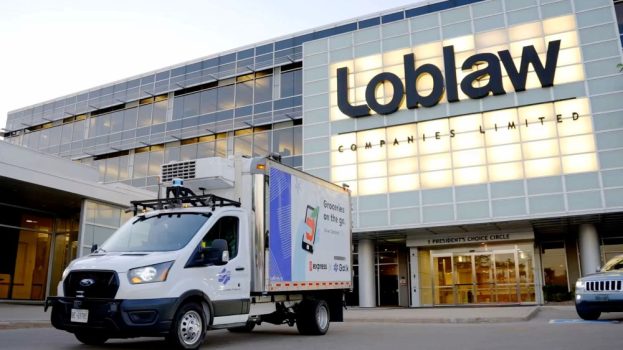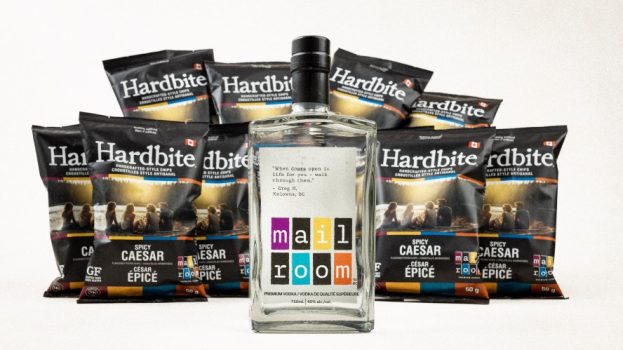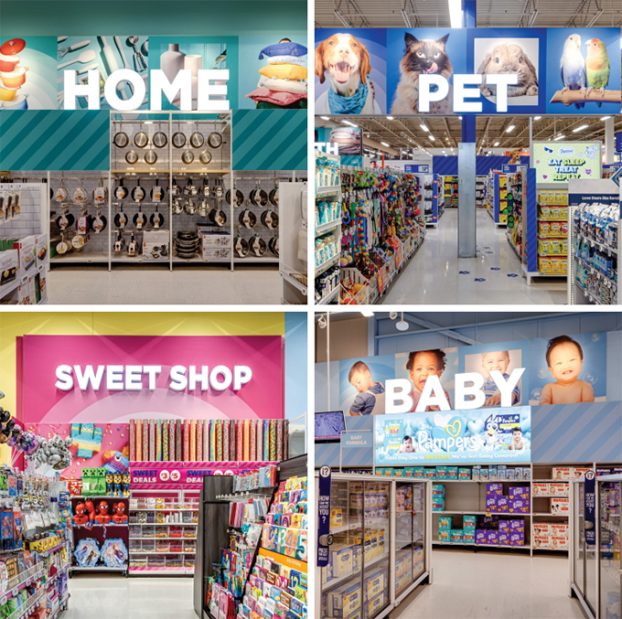The Nourish Network has released its 2023 Trend Report and, according to its insights, more people around the globe are becoming omnivorous and flexitarian.
The report cites Mintel data of 16,000 global consumers, revealing a 2% year-over-year growth in those who self-identify as omnivorous, and 3% year-over-year for those who self-identify as flexitarians. Meanwhile, meat eating self-identification is declined by 5% over the same period.
Although growth is continuing, Nourish points out that it has slowed somewhat. The novelty factor of faux meats may have spurred trial, but the “honeymoon period is over” as consumers are demanding the same clean labels they’ve come to expect in other categories.
The report also points out there “has also been a lack of brand and product differentiation within the space,” which it says is surprising considering the billions of dollars invested in trying to sway consumers.
While immune health took the top spot amidst lockdown concerns, Nourish’s report notes that getting a good sleep is increasingly important to consumers. In fact, it’s part of a longstanding multi-decades’ worth of heightened interest.
However, as noted in the Trend Report, there has not been much focus on the role of food and beverage in aiding sleep and the link between foods rich in melatonin or melatonin-producing tryptophan, including some berries and milk. This, Nourish points out, signals an opportunity for relevant brands.
Another big brand opportunity Nourish points out is product innovation targeted to women. Leading online women’s health conversations typically revolve around general wellness, menopause, pregnancy, weight loss and gut health. Nourish cites Toronto-based The Lactation Cookie Company, which supports breastfeeding mothers’ milk supply, as a brand that is successfully tapping into these considerations.
Finally, climate change is more top of mind than it was last year for consumers, who have turned their attention away from pesticides and plastics. But while climate change concerns have grown, there continues to be that pesky consumer “intention versus action” gap. Consumers want to do the right thing, but only if it’s easy and doesn’t involve too much sacrifice in terms of cost or taste.

























